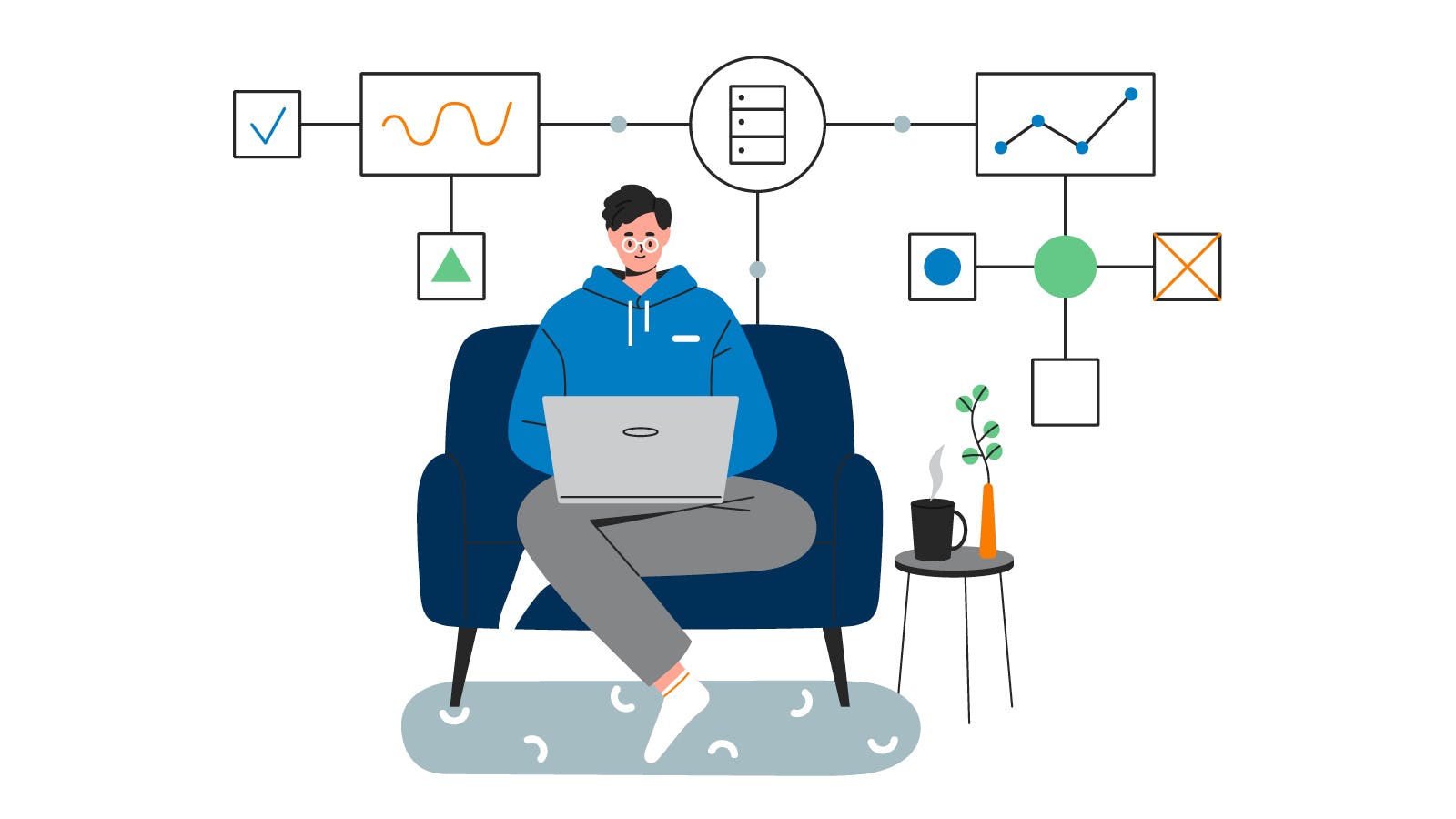You’ll come across many forks in the road to homeownership. How much should you include in your down payment? ARM or fixed-rate? 15-year vs 30-year mortgage? The sheer number of choices could make any potential buyer balk, but it all comes down to your situation, preferences and qualifications. When choosing a loan term, the biggest factors to consider are:
Repayment
It may seem obvious but be sure to acknowledge the fact that borrowers with a 30-year mortgage typically make twice as many payments as those with a 15-year mortgage and pay significantly more interest over the life of the loan. While 30 years of monthly payments may seem like a lot, if you’ve found your forever home you’re probably in it for the long haul anyway. When comparing a 15-year vs 30-year mortgage, put some thought into your timeline to determine which loan term matches up with your goals and budget.
Monthly Payment
Borrowers with a 30-year loan will typically have a lower monthly payment, as the repayment amount is stretched out over more time*. Refer to your budget and see how much monthly wiggle room you have. If it’s tight, a 30-year mortgage may be right for you. You’ll end up paying more over the life of the loan, but the lower monthly amount may be more palatable.
Interest Rate
15-year loans typically have lower interest rates than 30-year loans* and, as the loan term is halved, you’ll end up paying a lot less interest over the life of the loan. If you’re not interested in paying interest and would rather chip away at more of the principal as soon as possible, a 15-year mortgage may be right for you.
Qualification
Depending on your debt-to-income ratio and down payment amount, you may not be able to qualify for a 15-year mortgage given the higher monthly payment amounts. Applicants are approved, regardless of term, only if they’re determined able to repay the loan and meet underwriting and loan program guidelines. Even if you’re comfortable with the price tag associated with a 15-year mortgage, a mortgage professional will have to confirm you qualify first.
Priorities
Whether saving for retirement or growing your family, a 30-year mortgage may free up funds for other priorities each month. A little extra change in your pocket can only hurt if you tend to spend extra income on “wants” that are outside of your budget, in which case it may make more sense to go with a 15-year mortgage which will help you (potentially) build equity in your home faster. Review your budget, long-term expenses included, and your goals to determine which term is best for you.
Flexibility
A 30-year loan, and the corresponding lower monthly payment (compared to a 15-year loan), may also come in handy when life gets unpredictable. Job loss, job change or even a late paycheck can throw a wrench in your payment plan if your budget is stretched too thin. If you’re someone who favors more flexibility in your monthly budget, you may want to consider a 30-year mortgage.
15-year vs 30-year mortgage?
Like any financial fork in the road, the perfect loan term depends on your unique situation. A mortgage expert, like a loan originator in the Motto Mortgage network, can help you crunch the numbers, weigh the options and walk away with a loan and a home you’ll love.
* Source:
“Understand Loan Options”
Published on September 27, 2019


